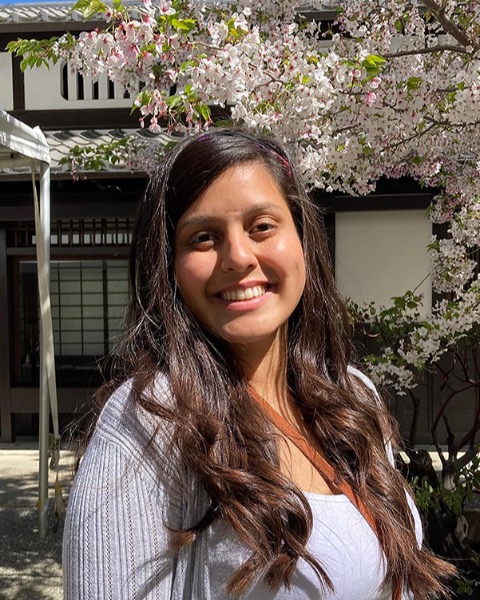Poster Presentation
Social Justice and Health Equity
Thursday Poster Power Hour
THURS-005 - Exploring Belief and Beverages Amongst Young Adult Latinas
Thursday, April 17, 2025
11:45 AM - 12:45 PM PST
Location: Pacific I/II, 2nd Floor
Area of Responsibility: Area IV: Evaluation and Research
Subcompetencies: 4.5.2 Disseminate findings., 4.4.1 Explain how findings address the questions and/or hypotheses.
Research or Practice: Research
Subcompetencies: 4.5.2 Disseminate findings., 4.4.1 Explain how findings address the questions and/or hypotheses.
Research or Practice: Research

Elba N. Vidal (she/her/hers)
Student
San Jose State University
Fresno, California, United States
Poster Presenter(s)
Learning Objectives:
At the end of this session, participants will be able to:
- Identify three strategies to address fatalism’s impact on sugar-sweetened beverage consumption in Latina communities.
- Analyze the role of food insecurity in moderating the relationship between fatalism and sugar-sweetened beverage consumption among young Latina adults.
- Explore the relationship between sugar-sweetened beverage (SSB) consumption and its links to diabetes and cancer as a fatalism-related behavior.
Detailed abstract description: Join this insightful session to uncover the complex relationship between cultural beliefs, specifically fatalism, and dietary habits among young adult Latina women in the U.S. You'll gain an understanding of how fatalism impacts sugar-sweetened beverage (SSB) consumption, contributing to heightened risks for chronic diseases like obesity, type 2 diabetes, and breast cancer.
This presentation will highlight research findings on the role of fatalistic beliefs in SSB consumption, especially among food-secure individuals who have access to healthier options yet may still choose SSBs due to a sense of inevitability about their health outcomes. You'll learn how food insecurity moderates this relationship.
For public health professionals, community leaders, and educators, this session offers actionable insights into crafting culturally sensitive and effective interventions. By understanding how psychological factors like fatalism intersect with socioeconomic conditions, you’ll be equipped to help mitigate health disparities within the Latinx community. Discover holistic strategies that address both the psychological and practical barriers Latina women face, empowering them to make healthier dietary choices and reduce risks linked to breast cancer and other health concerns.
Be part of a discussion that goes beyond statistics, focusing on the real-world implications of culturally adapted health interventions. Join us to learn how you can contribute to closing health disparity gaps by addressing underlying beliefs and barriers impacting nutrition and wellness in diverse communities.
